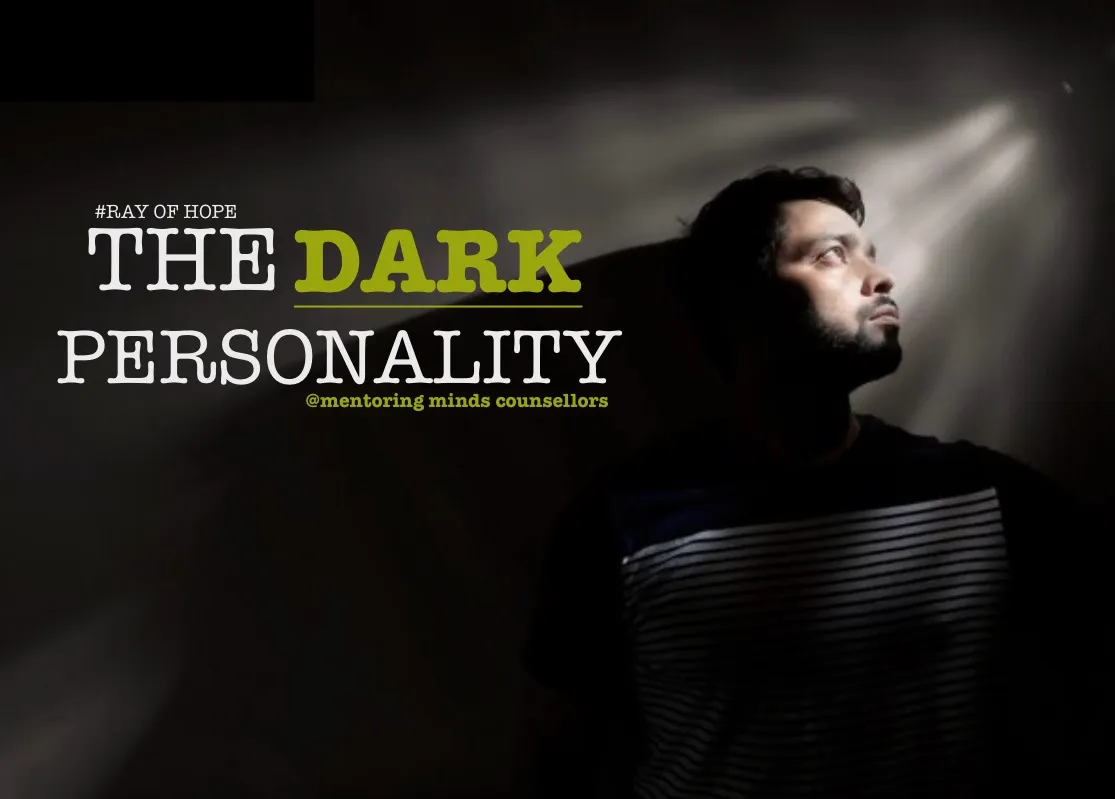When we think about personalities, most of us envision someone who is kind, empathetic, or maybe even funny. But what about those whose traits lean toward the darker side of human nature those who exhibit narcissism, Machiavellianism, or psychopathy? These “dark personalities” might seem like figures who are unreachable or beyond redemption. However, a deeper exploration reveals that even within the darkest corners of the human psyche, there can be a ray of hope.
What Are Dark Personalities?
In psychology, the “dark triad” refers to three personality traits: narcissism, Machiavellianism, and psychopathy. These traits are associated with selfishness, a lack of empathy, and manipulative behaviors. While it’s essential to note that having traits of the dark triad doesn’t necessarily mean someone has a clinical personality disorder, people exhibiting these traits often find themselves disconnected from others emotionally and socially.
- Narcissism: Narcissistic individuals are often preoccupied with themselves and seek admiration and validation from others. They may have an inflated sense of self-importance and may struggle with empathy for others.
- Machiavellianism: This personality trait is characterized by cunning, manipulation, and deceit. People with high levels of Machiavellianism tend to view others as tools to be used for personal gain.
- Psychopathy: Psychopathy is often linked to a lack of remorse or guilt, impulsivity, and superficial charm. Psychopaths can be skilled at manipulating and controlling others, often without any emotional attachment.
Why Do These Dark Traits Develop?
The development of dark traits is a complex mix of genetics, upbringing, and environment. It’s important to note that those with darker personalities often have lived experiences that shape their behaviors. Childhood trauma, neglect, or abusive relationships can leave lasting scars, making it harder for individuals to trust, connect, or even feel empathy toward others.
For example, a child who grows up in an environment where love is conditional or where manipulation and power struggles are normalized might learn to navigate life with these same traits, believing that they need to manipulate or control in order to succeed or survive.
But these behaviors, while learned, can be unlearned. The ray of hope lies in the fact that with self-awareness, commitment, and sometimes professional help, these individuals can begin to understand and confront the root of their behaviors.
The Path to Healing: Finding the Ray of Hope
While dark personalities might be challenging to deal with, there is always hope for change. Here are a few ways to understand and foster change for those grappling with dark traits:
- Self-Awareness: The first step toward any form of personal growth is awareness. Understanding the impact one’s actions have on others is a crucial step. Narcissists may not realize their behavior is harmful until they see how it affects their relationships. Those with Machiavellian tendencies might not recognize their manipulative behavior as part of a larger pattern of insecurity.
- Personal Growth and Accountability: Ultimately, personal growth is a lifelong journey. People with dark traits must take responsibility for their actions and continually challenge themselves to grow. This process might include setting goals, engaging in self-reflection, and seeking feedback from those they trust.
Why Everyone Deserves a Ray of Hope?
We at Mentoring Minds Counsellors understand that Dark personalities may face more challenges in understanding themselves and their impact on others, but the potential for change is always there. The path may not be easy, and it might take years of hard work, but healing is possible. It begins with self-awareness, continued growth, and a willingness to change.


Leave a Comment